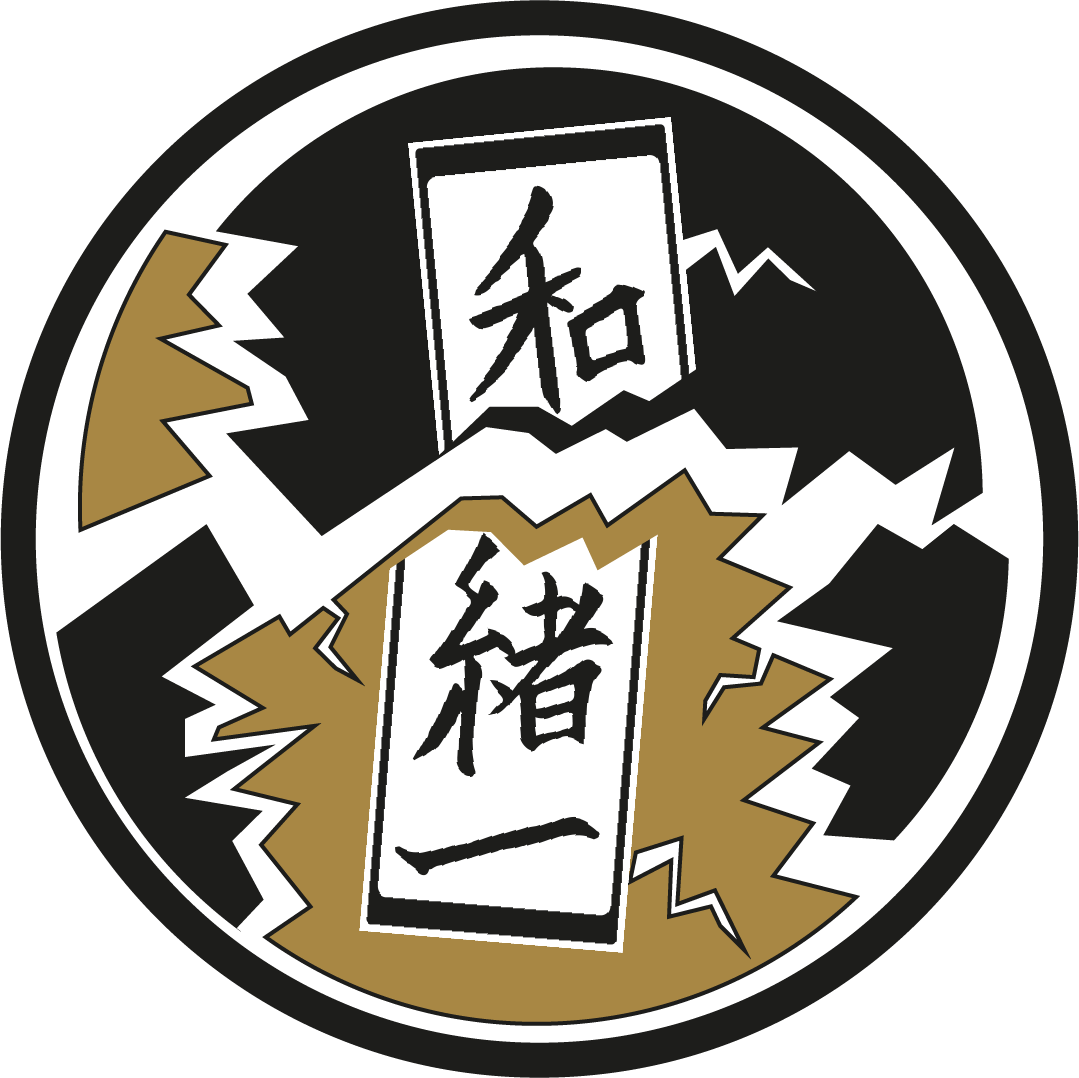Sayonara! Sayо̄nara…?
Recently we found out how to say ‘hello’ in Japanese – so, this time we will delve into the topic of bidding farewell. ‘Sayonara’ is a word known widely, even among people who do not have much to do with Japan. But can you actually use it in a conversation as a ‘goodbye’?
In fact, the correct form of the word is sayо̄nara さようなら, because it was first written using the characters 左様なら, which are read sayо̄nara, with the long ‘o’. However, it is now sometimes used as ‘sayonara’ in more informal settings. The word can be understood as the abbreviation of a phrase 左様ならば、これで別れましょう sayо̄naraba, korede wakaremashо̄, which means loosely ‘so, let us part’. Although translated usually as ‘goodbye’, it is not used that often in everyday situations, because it has a strong connotation of finality – it might feel, like you are not planning to see the person you are parting with ever again. For that reason, it can well be used when breaking up with your boyfriend or girlfriend, but other, less strong farewells are employed in most situations.
The phrase you might usually be confronted with when saying goodbye to friends is mata ne またね or jaa mata じゃあまた, which means roughly ‘see you again!’. Another option is mentioning the exact time when you would be meeting again – e.g., mata ashita また明日, ‘see you tomorrow’, or mata raishuu また来週, ‘see you next week’. Then, there is the concise jaa ne じゃあね, or even shorter (and a little masculine) ja じゃ, which mean more or less ‘so’. You will also hear many people use the English bai bai バイバイ‘bye bye’, which has been assimilated into the Japanese language by now and is a very natural way of saying goodbye. In the 80s a cute version of this farewell used by youngsters was bai bii バイビー, which according to some sources now feels really old and lame, but in the opinion of others might be experiencing a revival, so if you are feeling playful and unhinged you might give it a try, but keeping in mind the risk of meeting only with an awkward smile. 😉
Then, there are also some more situation-specific Japanese farewells. For example, when leaving your house (with the intention of coming back, of course), you say iittekimasu いってきます– ‘I will go and come’, while the person staying home replies itteresshai いってらっしゃい – ‘do go and come’. Otherwise, at a workplace you might say osaki ni shitsurei shimasu お先に失礼します, which means ‘sorry to leave first’ – when you do go home earlier than others, leaving your colleagues behind. Another option after a long day of work is saying otsukaresama deshita お疲れ様れした – ‘good work today’. While this farewell can be addressed at colleagues and superiors, the boss themselves will say gokurо̄sama deshita ご苦労様でした to their underlings, which has a similar meaning, acknowledging the hard work one has done.
Lastly, you can also wish your counterpart well at the end of your meeting with the concise and universal ogenki de お元気で– ‘take care of yourself’.
Finishing on this note, see you next time! Mata ne!
Written by AL

